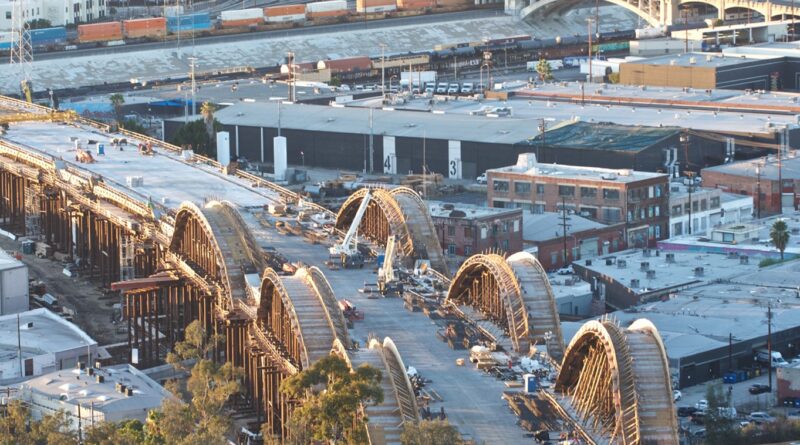The Impact of Public Works Maintenance Practices
The city of Richmond, the capital of Virginia, is home to a diverse community of 230,000 people within a metropolitan area of nearly 1.3 million people. Its department of public works (DPW) consists of multiple divisions, (e.g. Solid Waste, Transportation Engineering, Right of Way Management, Street Lights, Bridge and Roadway Maintenance). The department also manages the city’s 2,200-vehicle fleet and 81 city-owned facilities. DPW assisted its sister agencies with citywide issues such as speeding, homelessness and public health as a coordinated effort to build a thriving community.
Richmond has over 2,000 lane miles of streets, 830 miles of sidewalks and 83 bridges. Cities across America have experienced dramatic social change following the murder of George Floyd, various protests and the COVID-19 pandemic. The infrastructure of our cities also had to advance with this change. In working with various public safety and human service agencies, DPW implemented several tactics to help keep in alignment with its mission to “provide a clean, safe, and healthy environment.”
Through the maintenance of Richmond’s streets, DPW developed a massive paving program that is now paving an estimated 200 lane miles per year. DPW increased its ‘good or better’ Pavement Condition Index (PCI) Rating from 35% to 71% in just seven years. This roughly $20 million annual investment was not solely for the purpose of smoother roads and speed management.
The department partnered with its police and fire departments to slow down traffic because speed is a factor in all crashes that result in life-altering injuries or fatalities. The city has implemented over 400 traffic calming projects, including 200 speed tables and 70 miles of roadway reconfigurations, or road diets. This has also led to a new bike network of more than 70 miles of bike lanes to connect neighborhoods and promote active living to combat chronic diseases such as heart disease associated with sedentary lifestyles. We’re expanding multimodal access while managing speeds. We still have work to do, but we’re headed in the right direction.
Another area of concern has been homelessness. The city of Richmond has 83 bridges, some of which cross the scenic James River running through the heart of the city. In accordance with Federal laws, the city has mandated frequencies for its bridge inspections. This can be quite challenging to do when some call the areas underneath these structures home. DPW established an extensive Bulk and Brush collection program with support from human service agencies who assist our unsheltered population. This program has cleaned up various debris and materials underneath and around our bridges and blossomed into a complete program to improve the safety and health of the environment for the comfort of people traveling through the city. DPW increased its program from two to three knuckle booms, responding to over 20,000 customer service requests annually, to quadrupling the resources of the program by responding biweekly for its’ citizens, throughout neighborhoods citywide, on assigned routes to include bridges and overpass.
Bobby Vincent is the director of Public Works for the city of Richmond, Virginia.


